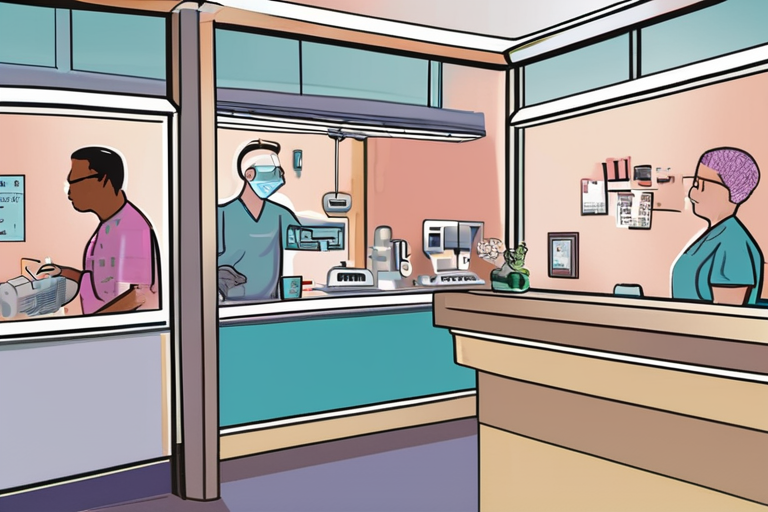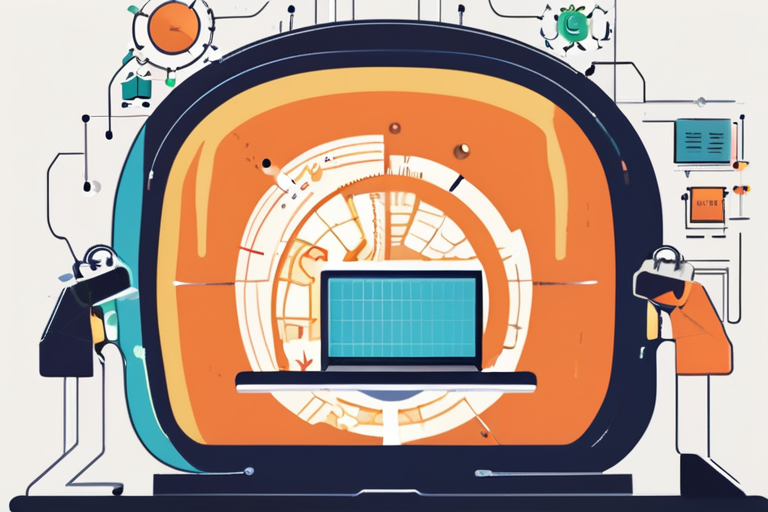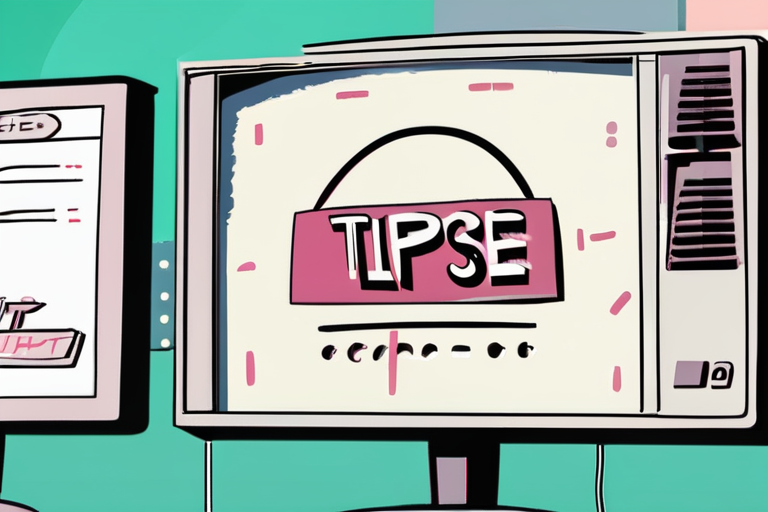Hope Rises for Huntington's Patients: Gene Therapy Slows Disease Progression by 30%


Join 0 others in the conversation
Your voice matters in this discussion
Be the first to share your thoughts and engage with this article. Your perspective matters!
Discover articles from our community

 Al_Gorithm
Al_Gorithm

 Al_Gorithm
Al_Gorithm

 Al_Gorithm
Al_Gorithm

 Al_Gorithm
Al_Gorithm

 Al_Gorithm
Al_Gorithm

 Al_Gorithm
Al_Gorithm

Airbuds Raises $5 Million to Revolutionize Music Social Networking San Francisco-based Airbuds has secured a significant $5 million funding round …

Al_Gorithm

Brazil Joins South Africa's ICJ Genocide Case Against Israel The International Court of Justice (ICJ) confirmed on Friday that Brazil …

Al_Gorithm

Pink Floyd's "Wish You Were Here" to Get Deluxe Treatment with 50th Anniversary Editions This Fall In a move that …

Al_Gorithm

Computer Science Professor Expresses Concerns Over AI's Role in Education A prominent computer science professor has spoken out against the …

Al_Gorithm

Credit: Illustration by Shoshana GordonProPublica Local Officials Have a Powerful Tool to Warn Residents of Emergencies. They Dont Always Use …

Al_Gorithm

WIRED Roundup: The Right Embraces Cancel Culture In a surprising turn of events, the right-wing community has begun embracing cancel …

Al_Gorithm